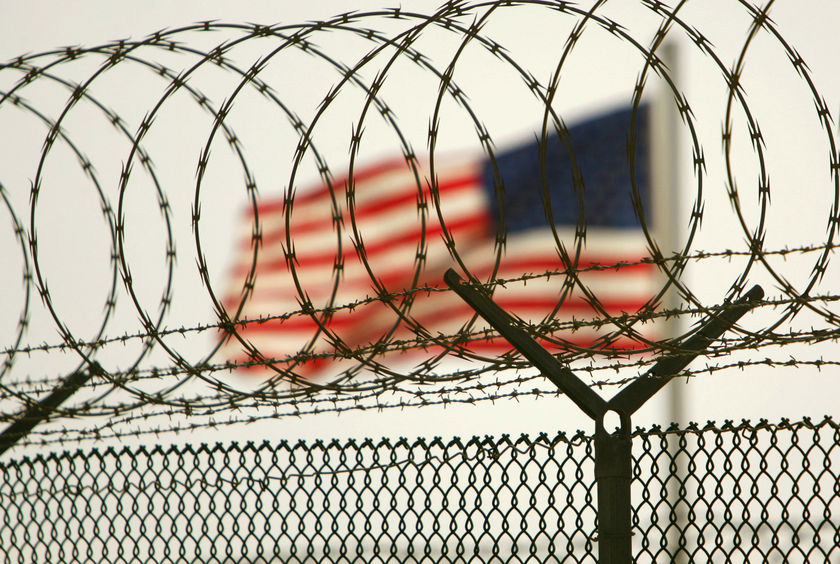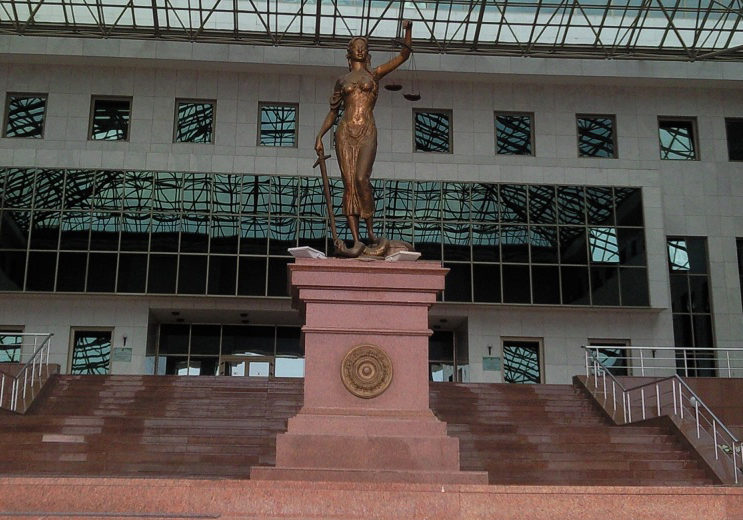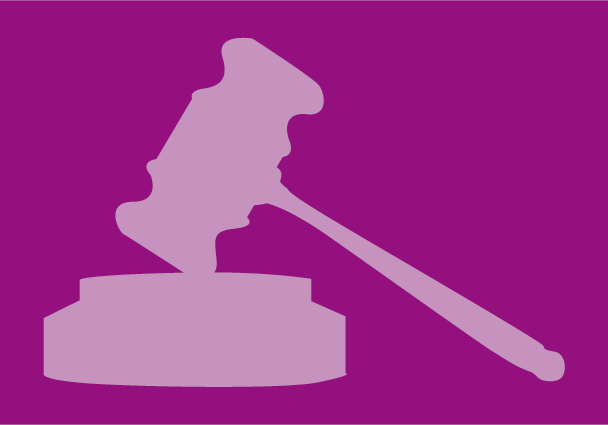
Apr 3, 2014 | Advocacy, Legal submissions
The ICJ today made a further submission to the UN Working Group on Arbitrary Detention.
The ICJ submission addressed a number of issues for a draft set of “Basic Principles and Guidelines” on the right of anyone deprived of liberty to challenge the lawfulness of his or her detention, and the right of victims of arbitrary or unlawful detention to an effective remedy.
The document supplements an earlier submission by ICJ, delivered in November 2013, and responds to a number of questions raised by members of the Working Group when the ICJ appeared before it in its November session. The new submission addresses the following issues:
- The ability of persons other than the detained individual and his or her lawyer to initiate proceedings challenging the detention.
- Entitlement of a detained person to disclosure by the government of information relevant to their detention, in the context of challenging the lawfulness of the detention.
- The right of the detained individual physically to appear before the court.
- The scope of the obligation to provide compensation to victims of arbitrary or otherwise unlawful detention, apart from particular treaty provisions.
- Whether, in terms of the right to remedy and challenge, any distinction is to be drawn between the criminal justice system and other forms of detention such as detention of migrants, detention on psychiatric and various existing administrative regimes.
- Military courts and the right to challenge the lawfulness of detention.
- Whether exceptions to the right to challenge lawfulness of detention before a court exist, under customary international law.
The United Nations Working Group on Arbitrary Detention, which will next meet in Geneva 22 April to 1 May 2014, was requested by the Human Rights Council to prepare the draft “Principles and Guidelines” before the end of 2015. The Working Group is presently developing a first draft. A stakeholder consultation on the draft is contemplated for September 2014.
The new supplemental submission may be downloaded in PDF here: ICJ-Advocacy-WGADhabeas-2ndSubmission-03042014
The earlier submission may be downloaded here.

Apr 3, 2014 | E-bulletin on counter-terrorism & human rights, News
Read the 81st issue of ICJ’s monthly newsletter on proposed and actual changes in counter-terrorism laws, policies and practices and their impact on human rights at the national, regional and international levels. The E-Bulletin on Counter-Terrorism and Human...

Apr 2, 2014 | News
The ICJ today expressed concern at the decision of the Kazakhstan Supreme Court, on 26 March, to affirm the disbarment of lawyer Polina Zhukova on spurious grounds that run contrary to international standards on the role and independence of lawyers.

Mar 31, 2014 | News
The crisis for the rule of law in Nauru, triggered by actions by the executive government that undermine the independence of the judiciary, has deepened.
Nauru Chief Justice Geoffrey Eames resigned on 13 March 2014, two months after the Nauru government summarily dismissed and expelled a judge despite the Chief Justice’s orders to the contrary, and blocked the Chief Justice from returning to the country. A letter of concern ICJ wrote to the government of Nauru several weeks ago remains unanswered.
The decision of the Chief Justice to resign ended the stalemate the government had created by continuing to deny him entry to the country despite the legislature’s refusal to allow the government to impeach him on spurious grounds. It did not, however, end the continuing crisis the government’s actions have created for the independence of the judiciary and the rule of law in Nauru.
The ICJ had earlier publicly expressed its deep concern about the removal of Magistrate Law from office in absence of any due process, and in violation of an injunction issued by the then Chief Justice Eames, and the arbitrary denial of the Chief Justice of access to Nauru. Chief Justice Eames has said that, even by the time of his resignation in mid-March, he had not received any explanation of the specific reasons for cancellation of his visa.
The ICJ’s Centre for the Independence of Judges and Lawyers (CIJL) wrote to President Baron Waqa and relevant ministers of government on 8 March 2014 requesting information and calling upon the government to immediately reverse and remedy the actions taken against the Resident Magistrate and Chief Justice, and to adhere to concrete procedural safeguards to re-establish protection of the rule of law (PDF: Letter-Nauru-IndependenceJudiciary-03032014). To date, the ICJ has received no response.

Mar 27, 2014 | Events, News, Publications, Reports, Seminar and conference reports
The ICJ hosted over 40 human rights defenders (HRDs) from Southern, Eastern and Western Africa to deliberate on strategies for enhancing the protection of human rights and human rights defenders.
The event took place on 27-28 March 2014 in Tswane, Pretoria.
Several African dignitaries attended the strategy session, including various independent experts from the African Union and United Nations focusing on protection and promotion of the work of human rights defenders.
This reflection session came in the wake of the increased sophistication of acts that undermine the independent, safe and secure operation of human rights defenders in Africa.
These acts include restrictive and punitive legislative enactments, in countries such as Uganda, Ethiopia and Kenya, and extra judicial killings and enforced disappearances in countries such as the Democratic Republic of Congo, Sudan, and South Sudan.
Other acts undermining the work and security of human rights defenders include the prohibition of access to funding; defamatory labeling of HRDs as “spies”, “unpatriotic”, “traitors”, and “foreign agents”; and the passing of laws criminalizing homosexuality.
The Universally acclaimed Declaration on Human Rights Defenders has recorded a greater number of breaches in recent times than before.
There is an increasing need for defenders to identify and reflect on opportunities to strengthen their collective responses and to provide rapid in-country and regional support and solidarity that nurtures a spirit of resilience, collectiveness and camaraderie within universally accepted norms of the defence of human rights.
Contact
Arnold Tsunga, Director, ICJ Africa Regional Programme, Arnold.tsunga(a)icj.org, +27731318411, or
Martin Okumu-Masiga, Deputy Director, ICJ Afria Regional Programme, Martin.okumu-masiga(a)icj.org, +27110248268 (full text in PDF)
Southern Africa-Strategic Session rapide response-Publications-Workshop report-2015-ENG (full text in PDF)









